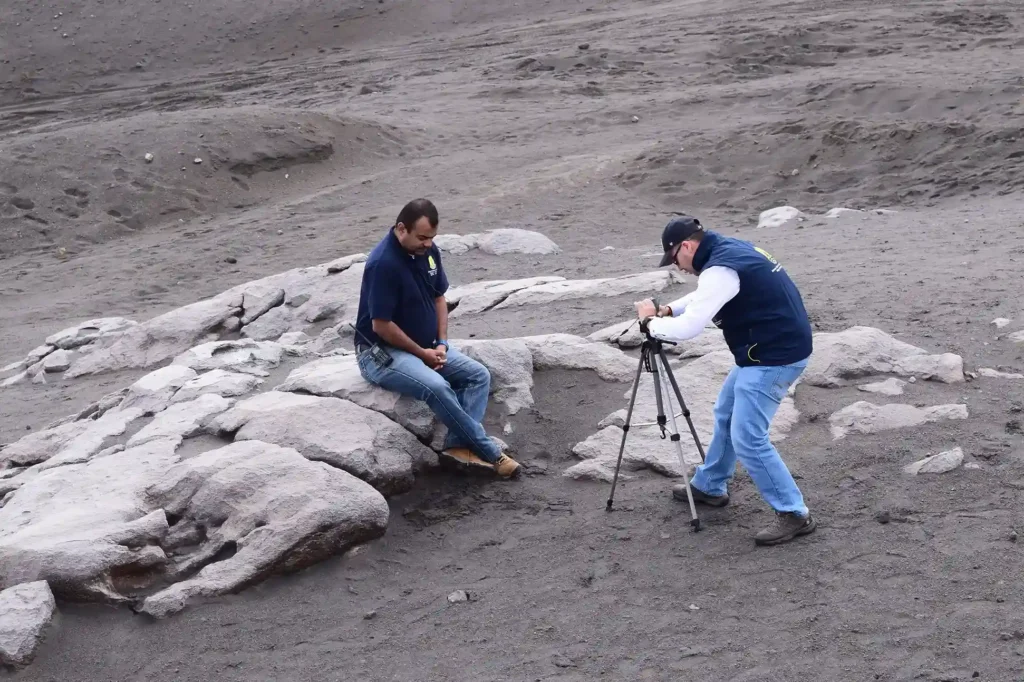The world is witnessing transformative changes, from geopolitical tensions to breakthroughs in technology and diplomacy. Nations are forging new alliances while economic policies adapt to shifting global landscapes. Environmental concerns are driving international cooperation on climate action. The rise of digital economies is reshaping trade and innovation. Political shifts and social movements continue to redefine governance structures. As countries navigate these challenges, the global stage remains dynamic and unpredictable.
Geopolitical Shifts and International Relations

Nations are reassessing diplomatic ties in response to evolving global conflicts and alliances. Trade agreements are being renegotiated to reflect economic priorities. The role of international organizations in mediating disputes is expanding. Regional partnerships are strengthening to address common challenges. Military strategies are adapting to modern threats and cybersecurity concerns. The global power balance continues to shift with emerging economic and political players.
Economic Developments and Market Trends

Global markets are reacting to inflation rates, policy changes, and supply chain disruptions. Countries are implementing monetary measures to stabilize economies and foster growth. The expansion of digital currencies is influencing financial transactions and investment trends. Technological advancements are driving economic competition and innovation. Global trade is adapting to new regulatory frameworks and sustainability goals. The future of economic stability depends on adaptable policies and strategic investments.
Environmental Challenges and Climate Action

Nations are committing to carbon neutrality goals and green initiatives. Climate change negotiations are shaping policies on emissions and sustainability. Renewable energy investments are increasing to reduce dependence on fossil fuels. Global discussions on conservation efforts are gaining momentum. Governments are addressing climate-related disasters with improved disaster management strategies. Collaborative efforts are essential to combating the climate crisis.
Technological Advancements and Digital Transformation

Countries are investing in AI, automation, and quantum computing to remain competitive. Cybersecurity measures are evolving to counter digital threats. The development of smart cities is influencing urban planning and sustainability. Space exploration and satellite technology are advancing international collaboration. The rise of e-governance is streamlining public services. The digital revolution continues to transform industries and societies worldwide.
Political and Social Movements Reshaping Governance

Elections and political transitions are influencing domestic and international policies. Human rights advocacy and social justice movements are impacting legislation. Public protests and activism are driving democratic reforms. Governments are responding to calls for transparency and accountability. Cultural shifts are shaping policies on diversity and inclusion. The future of governance depends on adaptability to societal demands.
Health and Humanitarian Efforts on a Global Scale

International organizations are working to address healthcare challenges and pandemic preparedness. Vaccination programs and medical research are enhancing global health security. Nations are collaborating on public health policies to prevent future crises. Humanitarian aid efforts are responding to conflicts and natural disasters. Mental health awareness campaigns are gaining traction worldwide. Strengthening global healthcare infrastructure remains a priority.
The global landscape is evolving rapidly, influenced by geopolitical developments, economic strategies, and technological advancements. Nations are collaborating on climate action, healthcare, and digital transformation. Political and social movements continue to shape governance and societal norms. With increasing global connectivity, cooperation is key to addressing shared challenges. As the world navigates these shifts, resilience, and innovation will define future progress. The coming years promise continued change and adaptation in international affairs.

























